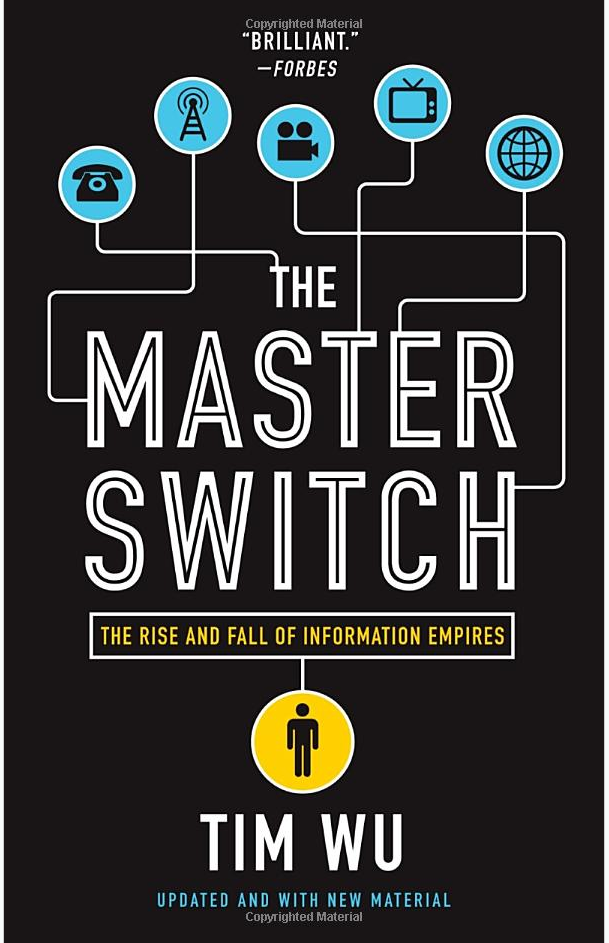Ed Catmull and Amy Wallace’s “CREATIVITY INC: OVERCOMING THE UNSEEN FORCES THAT STAND IN THE WAY OF TRUE INSPIRATION”
Book review by Dennis D. McDonald
The reason this book interested me so much is that Catmull addresses headlong the question, how do you manage people and organizations where the goal is to create something new?

This “management of creativity” is a fascinating topic since it touches on so many things. In Catmull’s own case the journey started with personal interests in animation, Disney, and engineering. This led to Lucasfilms, groundbreaking animation software, and Steve Jobs’ buying Pixar. That led to Toy Story and the rest is history.
Someone asked me once what company I wished I could work for and my answer was simple: Pixar. From the outside it combines, magically, things I’ve always loved: innovation, technology, movies, and the constant striving to make something new. Catmull explains, from his insider view, that these things didn’t come together by chance at Pixar. There were many bumps along the road and some outright failures. Along with these came an opportunity to observe and to test different management approaches, all the time staying focused on telling emotionally resonating stories.
The book balances fascinating inside stories about films and corporate history with thoughtful ruminations on collaboration, candor, trust, honesty, fear of the unknown, the value of research, and knowing when to pull the plug. One interesting detail is how many changes Pixar movies go through from the initial story pitch to the final product; for example, how “Up” started out was nothing like it finally ended up.
Another revelation for me was how pivotal Steve Jobs was to the founding and evolution of Pixar. Catmull’s memories of Jobs are insightful and touching and differ significantly from the public persona of arrogance and single mindedness that has simplistically grown up around Jobs. Jobs’ orchestration of the merger of Pixar with Disney and the transformation of Disney Animation is a study in risk-taking and culture change. One only has to look at Tangled and Frozen to see the positive results.
The main take away message for me from this book concerns the role of planning. Throughout my career I’ve always been interested in project management and how you use technology to help plan and manage the development of new systems or processes. At one time I was overly caught up in using tools to support the project planning process and then managing against that plan to eventually accomplish its objectives. I found, however, that it’s rarely possible to plan out everything in advance and in trying to do so you run the risk of becoming overly devoted to the maintaining and updating of a plan that requires constant changes. Catmull focuses on this planning concept and repeatedly emphasizes the role of management to enabling people to recognize and resolve problems. He’s not saying that discipline is unnecessary in a project but is simply recognizing that enabling and empowering those who are actually doing the work is, along with providing leadership and direction, the main role of managing.
When you look at project management like this the type of software tool you use becomes a secondary issue. Catmull doesn’t really dwell that much on the sophisticated technology Pixar has developed. It’s easy to devote time to noting how beautifully rendered hair, water, and skin are in Pixar films. But getting to the point of telling an emotionally resonant story is a very long, expensive, and complex process. Catmull’s perspective is an invaluable one that I intend to return to again.
Review copyright © 2014 by Dennis D. McDonald


